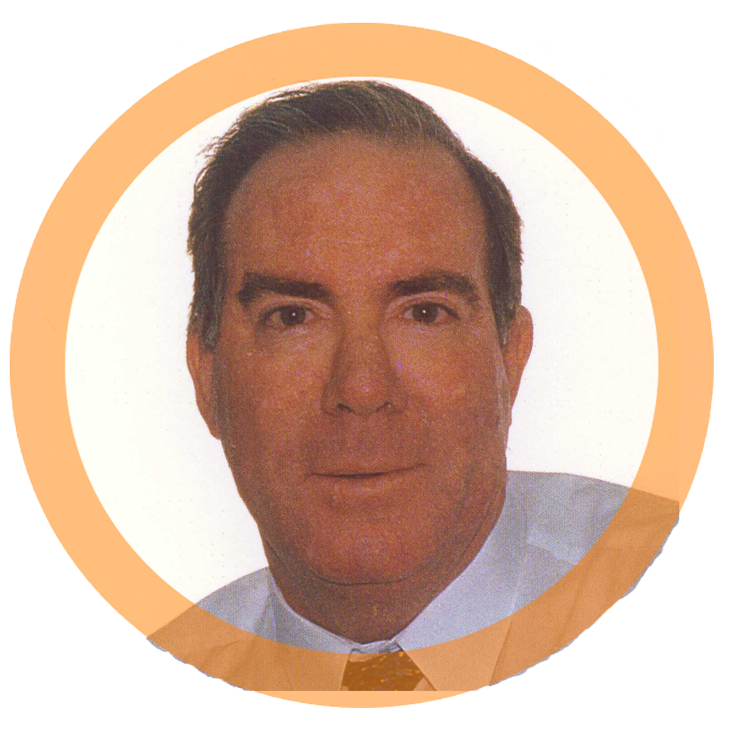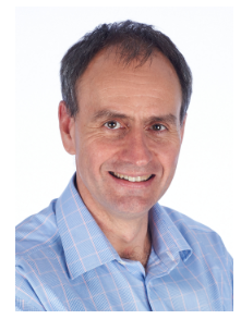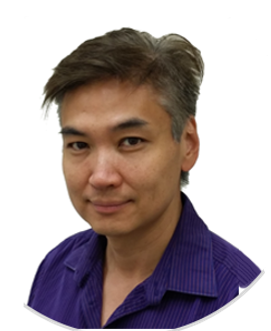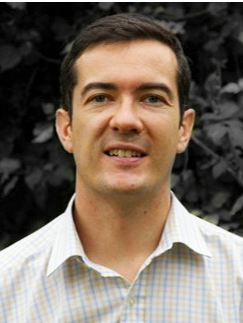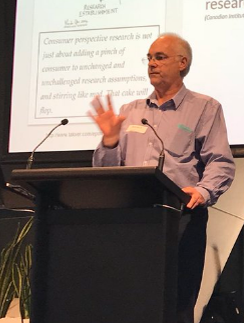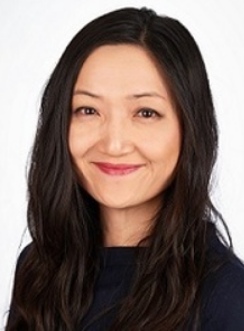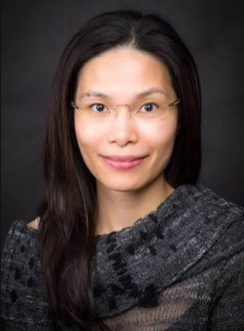For 10+ years, Transplant Australia has been committed to funding research, medical technology and science to achieve better health outcomes for transplant recipients through the Mark Cocks Research Scholarship.
The Mark Cocks Research Scholarship is a prestigious award to recognise the life of kidney recipient Mark Cocks, his contribution to Transplant Australia and the wider transplant community.
The award is presented by the Transplant Society of Australia and New Zealand (TSANZ), and has produced some key findings, particularly around the management of cancer post-transplant and Children’s Kidney Disease (CKD).
The scholarship is offered by Transplant Australia to encourage members of the transplant community to study or enhance transplantation techniques and procedures, or develop innovations that will improve survival rates and the quality of life of patients.
Transplant Australia is proud to support our healthcare professionals, doctors and scientists as they make exciting breakthroughs in the field of organ and tissue donation.

